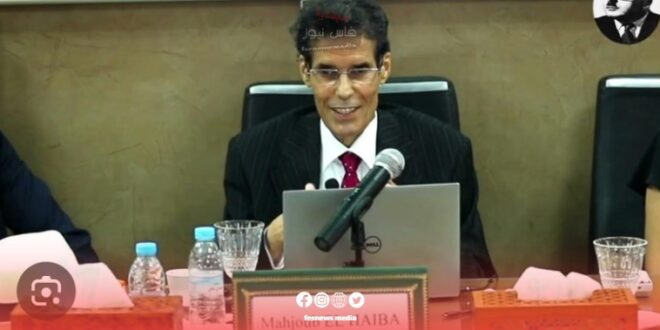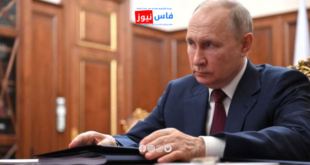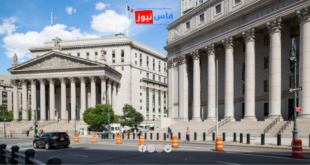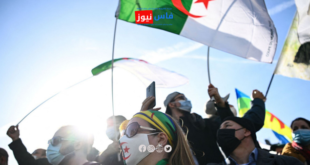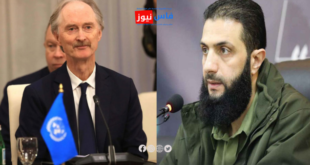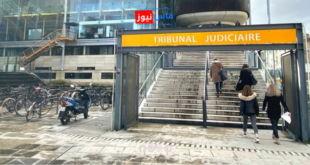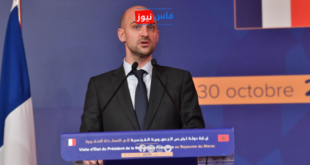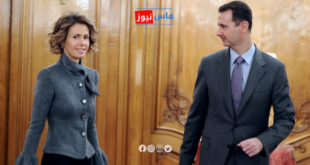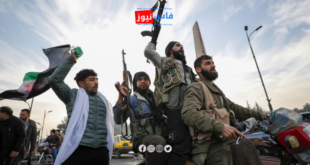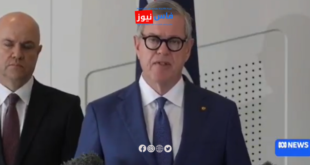The Kingdom of Morocco, in the person of Mahjoub El Haiba, was re-elected on Wednesday in New York as a member of the United Nations Human Rights Committee (HRC), during elections held on the occasion of the 40th Meeting of States Parties to the International Covenant on Civil and Political Rights (ICCPR).
Morocco’s candidature, which won an overwhelming majority with 120 votes, competed with 15 other candidates to win one of the nine vacant positions on the Committee for the period 2025-2028, said a statement from the Ministry of Foreign Affairs, African Cooperation and Moroccan Expatriates.
Morocco’s re-election reflects, once again, the credibility and confidence enjoyed by the Kingdom’s efforts, under the leadership of His Majesty King Mohammed VI, to promote and ensure the effectiveness of human rights, both through the democratic reforms launched at the national level and Morocco’s initiatives at the multilateral level in this field, the source added.
This electoral achievement also falls within the framework of the strategy that the Kingdom is implementing, in accordance with the royal directives, to put its expertise and experience in various priority areas of multilateral action at the service of the UN organs, as a responsible and engaged actor in the international community, the communiqué noted.
Morocco’s re-election is the culmination of an important promotion campaign carried out by all components of the Kingdom’s diplomatic apparatus.
According to the same source, El Haiba, currently a university professor, has accumulated a long career in the field of human rights, having previously served as Secretary General of the Advisory Council for Human Rights (National Council for Human Rights) and as the first ministerial delegate for human rights.
Since his first election to the Human Rights Committee, Mr El Haiba has worked to strengthen the working methods of this important treaty body.
The Human Rights Committee, composed of 18 experts elected by the States Parties according to an equitable geographical distribution, ensures the implementation of the International Covenant on Civil and Political Rights (ICCPR) by the States Parties ratified in 1966.
It is a body of central importance, given its mandate to discuss States parties’ reports on the implementation of the Covenant, formulate general observations on their obligations, and examine reports of violations of this mechanism.
From the website: Fez News
 فاس نيوز ميديا جريدة الكترونية جهوية تعنى بشؤون و أخبار جهة فاس مكناس – متجددة على مدار الساعة
فاس نيوز ميديا جريدة الكترونية جهوية تعنى بشؤون و أخبار جهة فاس مكناس – متجددة على مدار الساعة

